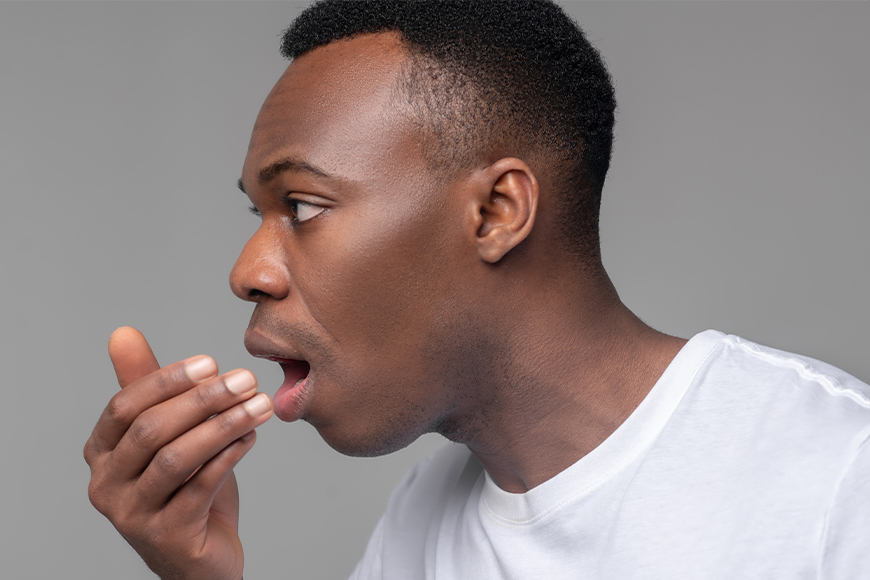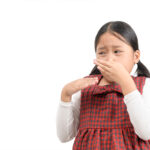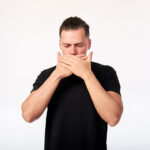Have you ever experienced the unpleasant sensation of bad breath after tooth extraction? It’s a common occurrence that can significantly impact your self-confidence and overall well-being. In this comprehensive guide, we’ll delve into the causes, prevention strategies, and effective treatment options for bad breath following a tooth extraction.
Understanding the Root Causes
Bad breath, also known as halitosis, can arise from a variety of factors after a tooth extraction. Here are some common culprits:
- Food Debris: Particles of food can become trapped in the extraction site, creating an ideal breeding ground for bacteria.
- Dry Mouth: Reduced saliva production can lead to a buildup of bacteria, contributing to bad breath.
- Infection: If the extraction site becomes infected, bacteria can produce foul-smelling compounds.
- Sinus Issues: Sinus infections can cause post-nasal drip, which can drain into the mouth and contribute to bad breath.
Prevention Tips
To minimize the risk of bad breath after a tooth extraction, consider the following preventive measures:
- Maintain Oral Hygiene:
- Brush your teeth regularly with a fluoride toothpaste.
- Floss daily to remove food particles from between teeth.
- Use a mouthwash to kill bacteria and freshen your breath.
- Avoid using harsh mouthwashes that can irritate the extraction site.
- Proper Care of the Extraction Site:
- Follow your dentist’s specific instructions for caring for the extraction site.
- Avoid touching or rinsing the area excessively.
- Use a warm saltwater rinse to gently clean the area and promote healing.
- Stay Hydrated:
- Drink plenty of water throughout the day to keep your mouth moist and prevent dry mouth.
- Avoid Irritating Foods:
- Steer clear of spicy, acidic, or hard foods that can irritate the extraction site.
- Quit Smoking:
- Smoking can delay healing and contribute to bad breath.
Treatment Options
If you’re experiencing persistent bad breath after a tooth extraction, consult with your dentist. They may recommend the following treatments:
- Deep Cleaning: A professional cleaning can remove any remaining food particles and plaque.
- Antibiotics: If an infection is present, antibiotics may be prescribed to treat it.
- Mouthwash: A special mouthwash may be recommended to help combat bacteria.
- Dry Mouth Remedies: If dry mouth is a contributing factor, your dentist may suggest artificial saliva products or medications.

Recommended Article:
Soft Foods to Eat After Wisdom Teeth Removal
Discover soft foods to eat after wisdom teeth removal with our guide while ensuring a smooth recovery with gentle and nutritious options.
Professional Advice from Madison Dentistry & Implant Center
At Madison Dentistry & Implant Center, our experienced dental team is dedicated to providing comprehensive care for patients in Madison, New Jersey. We understand the importance of maintaining a healthy smile and can offer personalized advice and treatment options for bad breath after tooth extraction.
Conclusion
Bad breath after a tooth extraction can be an unpleasant experience, but it’s often preventable and treatable. By following the tips outlined in this article and seeking professional guidance from Madison Dentistry & Implant Center, you can effectively manage this issue and enjoy a fresh, confident smile.




